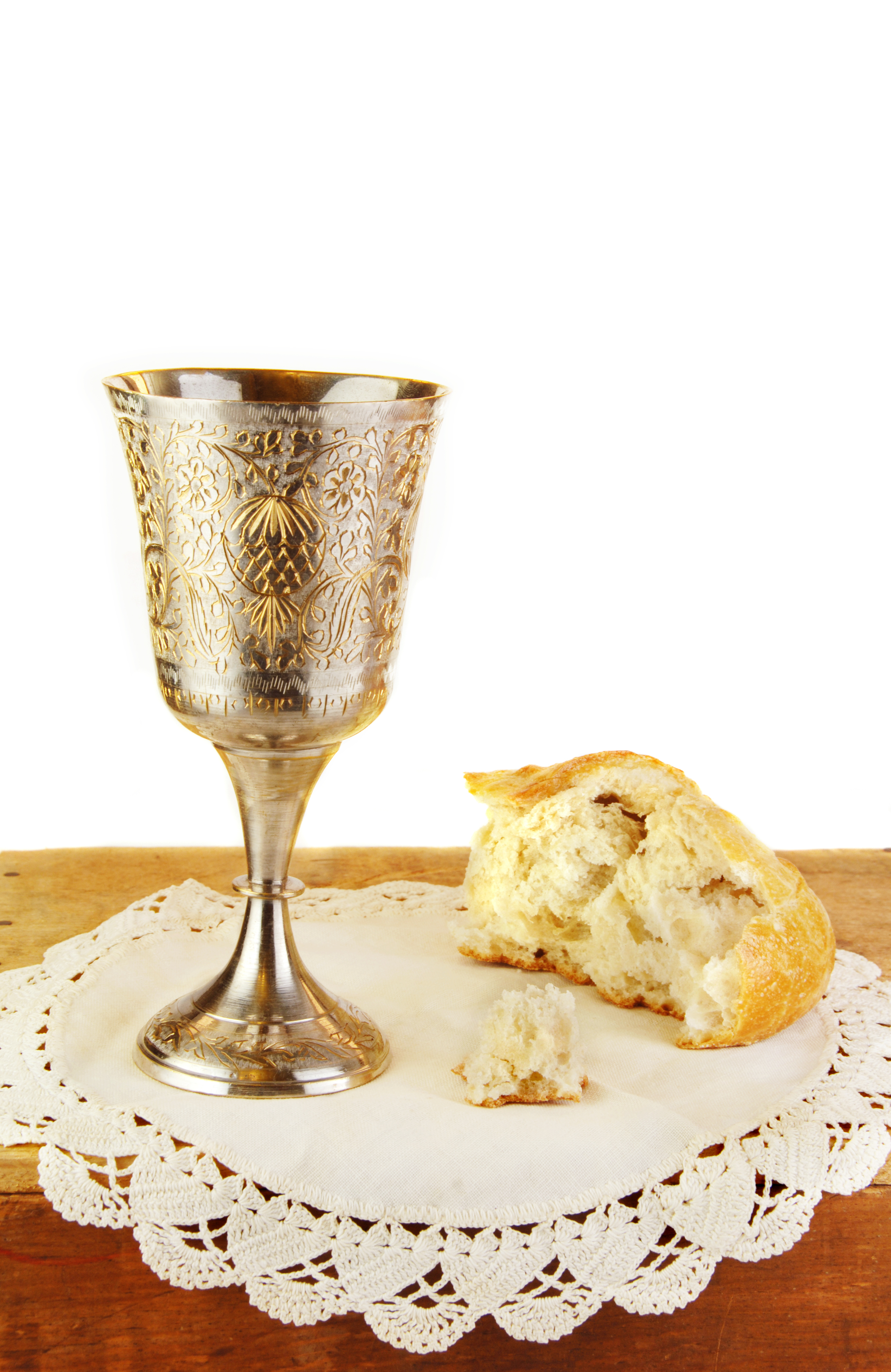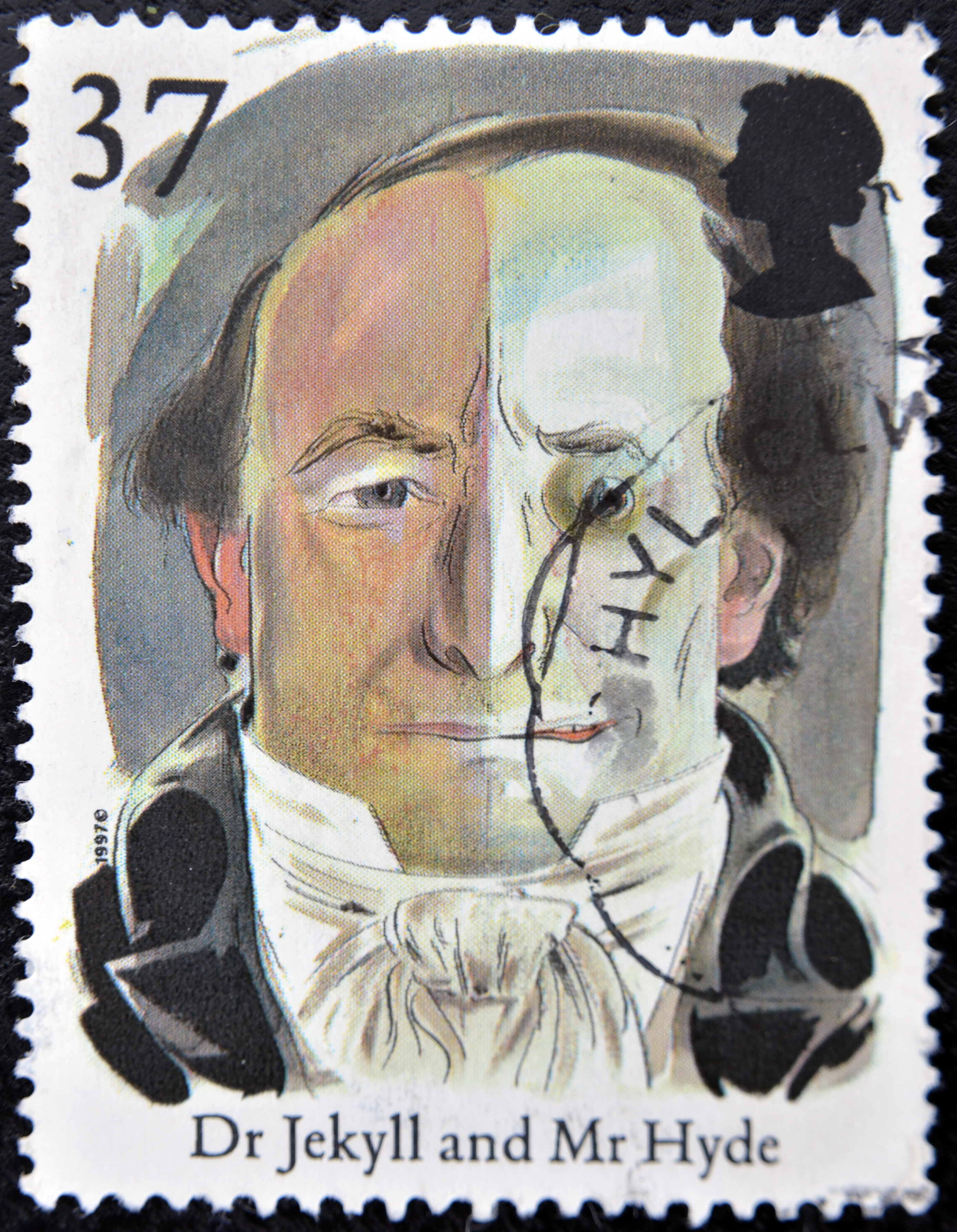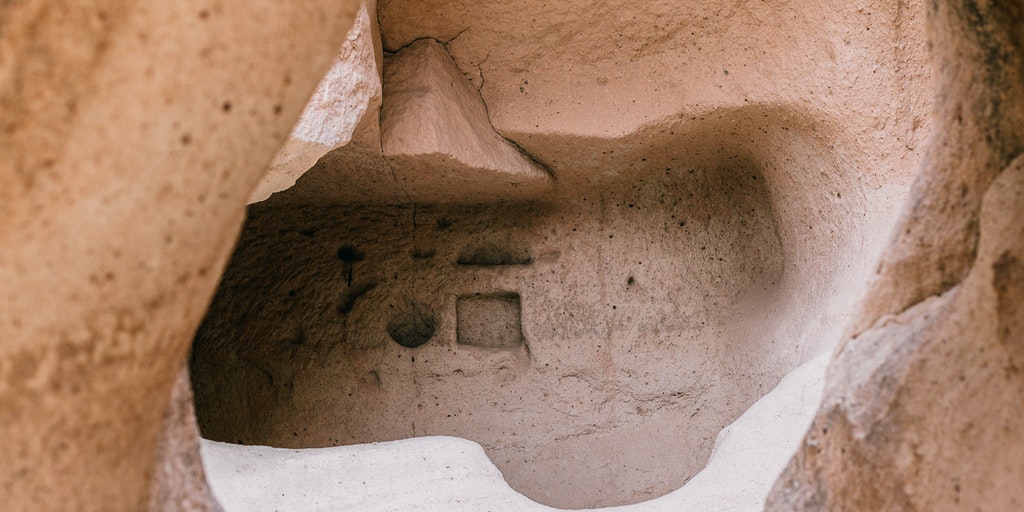The Breaking Of Bread

Part 3
Read 1 Cor. 10:15 - 17
It should be clear that the great subject of this chapter is our associations, our fellowship as those who partake of the Supper (as outlined in the following chapter). We find in chapter 10 our individual responsibility, and in chapter 11 our collective privilege, as an Assembly together to participate in the Lord’s Supper. The verses in chapter 10 would search our conscience as we examine the associations and ties of our daily lives.
The word which stands out in our verses is “communion,” or as it is more accurately translated, “fellowship.” In the “cup of blessing which we bless,” or give thanks for, we express the fellowship of His blood; likewise in the bread which we break there is an expression of the fellowship of His body.
This word “fellowship” carries with it the simple thought of “partnership” as we see it translated in other places:
- “which were partners with Simon” (Lk. 5:6)
- “he is my partner and fellow helper” (2 Cor. 8:23)
- “if thou count me therefore a partner” (Phile.17)
We all understand this term to imply not only the thought of common sharing of benefits derived from partnership, but also the essential sharing in responsibilities of such a participant.
Now if we apply this principle to the scripture before us, its meaning becomes abundantly clear. The “cup of blessing” of which we drink and the bread of which we partake set forth the fellowship or partnership of each believer with that which forms the base of it all, the death of Christ. On the one hand, we have the great benefit of His death: it has glorified God and brought us out of the bondage of sin and death into liberty. On the other hand, we, as identified with the one who was rejected and crucified in this world, have to separate from the things of this world to Himself.
The great object of 1 Cor. 10 is to make this truth a living reality as preparatory for chapter 11. There is no thought of this being simply a doctrine we accept, but rather something we work out in our Christian life. So the example of Israel in the wilderness is given. Here is a company enjoying privilege: sheltered by the blood of the Passover lamb, delivered from the power of the enemy by the victory of the Red Sea, and provided with all the resources of God for the wilderness journey (water from the rock and manna from heaven). But how did they behave in responsibility - in separation from evil - lusting, idolatry, fornication with Moab, complaining about the food, and murmuring against God. All these details illustrate how we are to do nothing and link with nothing which brings our fellowship into reproach. We fully realize that we partake of the Lord’s Supper once in the week, but the “fellowship” of His death is a perpetual matter. And so we are given this beautiful term, “the Lord’s Table,” found only this once in Scripture, which sets forth figuratively where and with whom we have fellowship - with the food for the soul provided by Him, in His presence. How can I, as one of His own, eat at a place characterized by the “prince of the power of this world” (table of demons)? It is surely impossible that my spiritual appetite and desire for companionship can be satisfied anywhere but at “His Table.”
Surely this simple presentation helps to prepare us for the necessary separation to Himself in our pathway here in this world, so that in heart and conscience pure, we can be found in His presence to remember Him.
The apostle writes, “I speak as to wise men, judge ye what I say”, (v. 15) inviting the Corinthians, and by extension us, to enter intelligently with our Lord Himself into what is meant by “the communion of His blood,” and the “communion of His body.” In those two views of Christ’s death we look first at His blood shed - that which satisfies the claims of a Holy God and at the same time expresses God’s love (the blood of the new covenant, wherein the great purposes of God’s love are set out, see 2 Cor. 3). Secondly we have His body given, the whole condition of man judged and set aside when the Lord Himself, in wonderful grace, took upon Himself our responsibilities at the cross. As believing on Him we can see in His death the end of “us” before God as man in the flesh. (See Rom. 7:4, “Ye also are become dead to the law by the body of Christ,” and Heb. 10:10, “We are sanctified through the offering of the body of Jesus Christ once”.)
Does not this meditation of Him, who gave Himself so the purposes of God’s love should be carried out, produce a response which will happily accept a path of separation and devotion to Himself, thereby creating conditions which enable us to enjoy the Lord’s Supper as we partake of it week by week.




